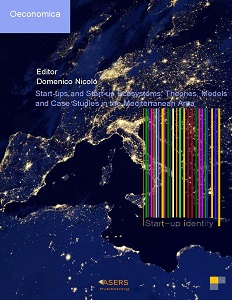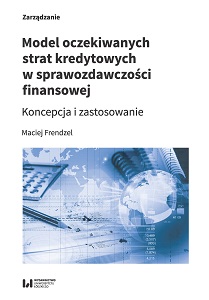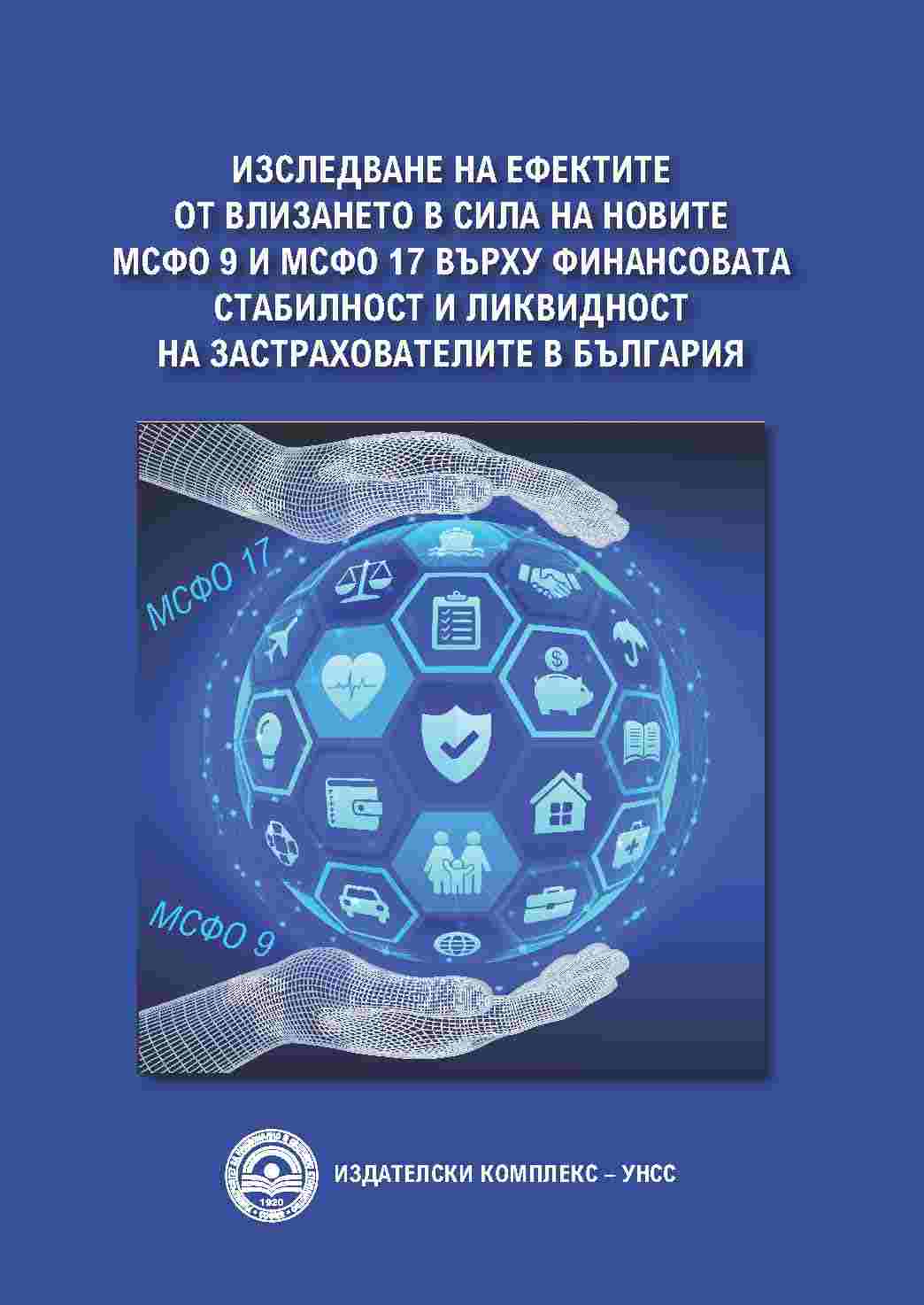
Start-ups and Start-up Ecosystems: Theories, Models and Case Studies in the Mediterranean Area
Mediterranean ecosystems are populated mostly by small family businesses. As a consequence of the central role played by the family in the countries in this area of the world, members of a single family hold the property and deal with the management of companies. This, on the one hand, constitutes strength of these companies, which benefit from high internal cohesion that makes it very resistant to the difficulties; on the other hand, affects their potential for growth and technological innovation, since the human and financial resources of a family are often insufficient to successfully implement a development strategy. Until now, small family businesses have faced internal competition and international in various ways: creating districts to make ‗critical mass‘ and survive the competition exerted by larger companies; specializing in productions that cannot be easily imitated, because highly differentiated (Made in Italy‘); operating in areas protected from foreign competition because they consist of small businesses operating in local markets, with low capital intensity and low added value.The tremendous acceleration of technological development requires these small family businesses to overcome this financial gap, managerial, and know-how that does not allow to exploit their development potential. This need also arises (perhaps especially) for innovative businesses at start up and, in general, for newly established firms. This does not mean that the Mediterranean should imitate the Anglo Saxon model based on big corporations, private equity and efficient capital markets. Quite the contrary. Any attempt to imitate this model would be destined to a resounding failure because inconsistent with the widespread entrepreneurial culture in the Mediterranean countries.The big corporations operating in the Anglo-Saxon world, are facing the fierce competition of startups that introduce innovations that generate discontinuities jeopardizing their business model. The need to standardize processes makes them unwieldy and unsuitable to promote innovation. An obstacle to innovation derives from the need to neutralize the risks typical of radical innovations in product and process. To cope with this problem, they are creating spin offs, through which experience innovations outside (thus neutralizing the risks), and acquiring innovative startups that have already achieved success in the market (and therefore are not very risky).
More...


















